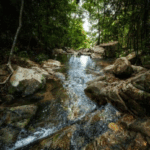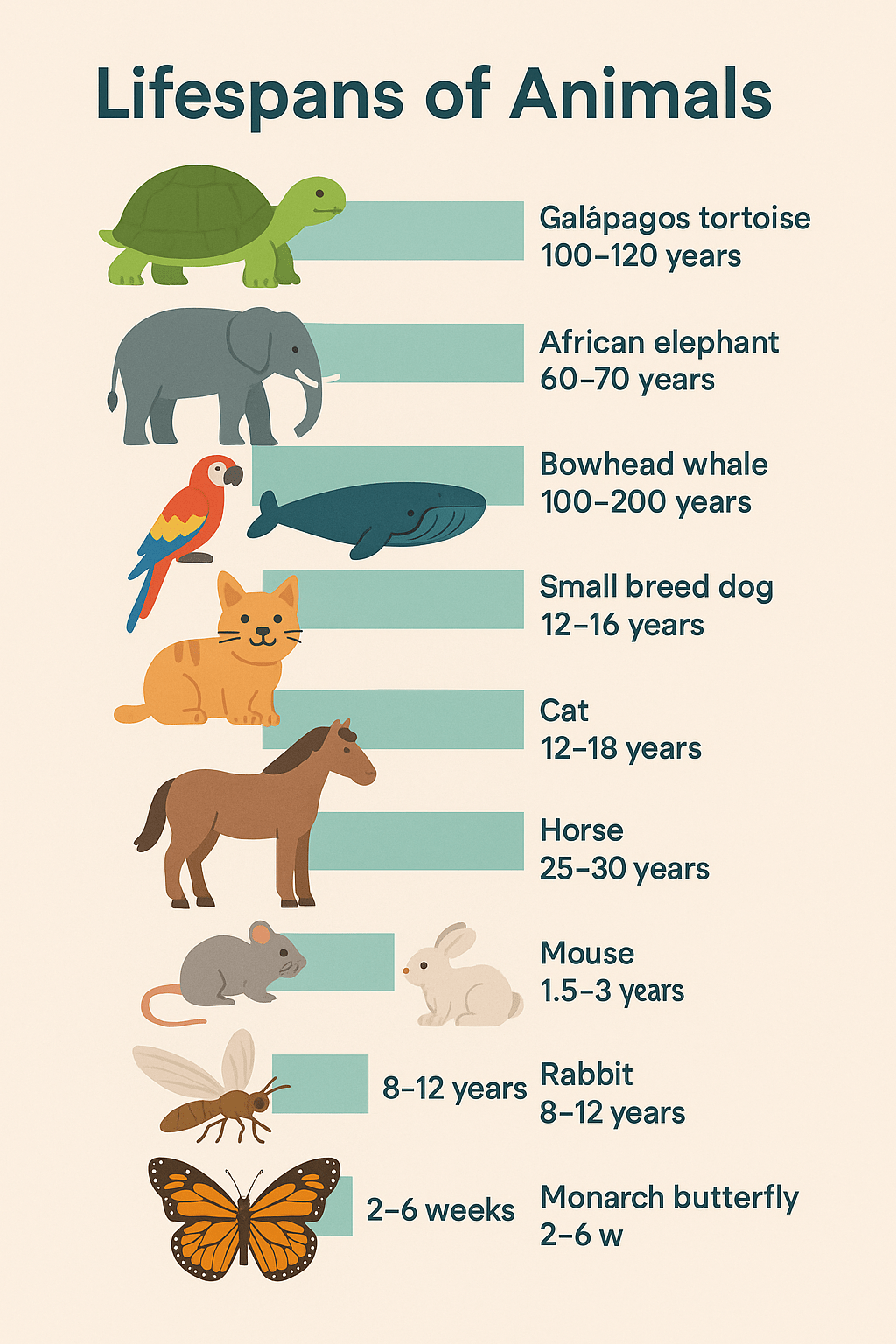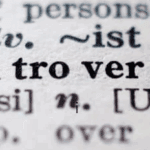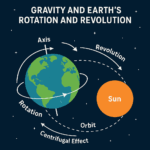
What We Can Learn from the People of Different States and Union Territories of India

India is a land of diversity, not just in terms of culture and traditions, but also in the unique skills and crafts that its people have mastered over generations. Each state and Union Territory (UT) in India has its own set of niche skills that are a testament to its rich heritage and adaptability. These skills can be broadly categorized into people skills and state skills. Let’s explore what we can learn from the people across different states and UTs of India.
Skills Grid: Indian States and Union Territories
| State/UT | People Skills | State Skills |
|---|---|---|
| Andhra Pradesh | Kuchipudi Dance, Handloom Weaving | IT and Software Development |
| Arunachal Pradesh | Traditional Weaving, Handicrafts | Sustainable Forestry, Organic Farming |
| Assam | Tea Cultivation, Sattriya Dance | Silk Production (Muga Silk), Oil Refining |
| Bihar | Madhubani Painting, Litti Chokha Culinary Art | Historical Research, Agriculture |
| Chhattisgarh | Tribal Dance (Panthi, Raut Nacha), Metal Craft | Mining, Forest Products |
| Goa | Feni Brewing, Goan Cuisine | Tourism Management, Beach Conservation |
| Gujarat | Garba Dance, Patola Saree Weaving | Diamond Cutting and Polishing, Textile Industry |
| Haryana | Wrestling (Kushti), Haryanvi Folk Music | Dairy Farming, Automobile Manufacturing |
| Himachal Pradesh | Chamba Rumal Embroidery, Apple Cultivation | Hydropower, Tourism |
| Jharkhand | Chhau Dance, Tribal Jewelry | Coal Mining, Steel Production |
| Karnataka | Carnatic Music, Sandalwood Carving | IT and Biotechnology, Silk Industry |
| Kerala | Kathakali, Ayurveda | Spice Cultivation, Tourism |
| Madhya Pradesh | Gond Painting, Tribal Dances | Handicrafts, Agriculture |
| Maharashtra | Lavani Dance, Warli Painting | Bollywood Film Industry, Financial Services |
| Manipur | Manipuri Dance, Thang-Ta Martial Art | Handloom Weaving, Organic Farming |
| Meghalaya | Bamboo Craft, Archery | Coal Mining, Music (Western Influence) |
| Mizoram | Cheraw Dance (Bamboo Dance), Handloom | Horticulture, Forestry |
| Nagaland | Hornbill Festival, Warrior Art | Handicrafts, Bamboo Products |
| Odisha | Odissi Dance, Pattachitra Painting | Metalwork (Dhokra), Rice Cultivation |
| Punjab | Bhangra Dance, Phulkari Embroidery | Agriculture (Wheat, Rice), Sports (Hockey) |
| Rajasthan | Kathputli (Puppet) Making, Ghoomar Dance | Tourism (Palaces, Forts), Handicrafts |
| Sikkim | Buddhist Monastic Culture, Thangka Painting | Organic Farming, Eco-Tourism |
| Tamil Nadu | Bharatanatyam, Kolam Art | Automotive Industry, Silk Weaving |
| Telangana | Perini Dance, Bidriware | IT Services, Pharmaceuticals |
| Tripura | Bamboo and Cane Craft, Hojagiri Dance | Rubber and Tea Cultivation |
| Uttar Pradesh | Kathak Dance, Chikan Embroidery | Leather Products, Handicrafts |
| Uttarakhand | Garhwali Folk Music, Aipan Art | Tourism (Trekking, Pilgrimage), Hydropower |
| West Bengal | Rabindra Sangeet, Terracotta Craft | Jute Industry, Tea Cultivation |
| Andaman & Nicobar | Canoe Building, Marine Craft | Fisheries, Eco-Tourism |
| Chandigarh | Urban Planning, Punjabi Cuisine | IT Services, Architecture |
| Dadra & Nagar Haveli and Daman & Diu | Warli Painting, Portuguese Cuisine | Tourism, Alcoholic Beverage Production |
| Lakshadweep | Boat Building, Fishing | Coconut Cultivation, Marine Products |
| Delhi | Street Food Culinary Skills, Theatre | Government Services, Tourism |
| Jammu & Kashmir | Pashmina Weaving, Sufi Music | Handicrafts (Carpets, Shawls), Horticulture |
| Ladakh | Thangka Painting, Archery | Eco-Tourism, Organic Farming |
| Puducherry | French Cuisine, Auroville Community Skills | Tourism, Handicrafts |
Exploring the Skills
People Skills
People skills refer to the talents and expertise that individuals from a particular region are known for. These are often passed down through generations and are integral to the cultural identity of the state or UT.
- Kerala’s Kathakali: This classical dance form combines storytelling with elaborate costumes and makeup. Learning Kathakali can teach the importance of discipline and the art of non-verbal communication.
- Punjab’s Bhangra Dance: Known for its high energy and enthusiasm, Bhangra is a great way to learn about the importance of fitness and community celebration.
State Skills
State skills encompass the economic and industrial strengths of the regions, reflecting their contributions to the national and global economy.
- Karnataka’s IT and Biotechnology: Bengaluru, known as the Silicon Valley of India, offers insights into the latest advancements in technology and innovation.
- Gujarat’s Diamond Cutting: Gujarat is famous for its diamond cutting and polishing industry, highlighting the importance of precision and craftsmanship.
Learning and Integration
By understanding and appreciating the diverse skills across India, we can foster greater cultural integration and economic collaboration. Here are a few ways to integrate these skills into broader contexts:
- Cultural Exchange Programs: Encourage students and professionals to participate in exchange programs to learn different skills and bring back innovative ideas to their own regions.
- Collaborative Workshops: Organize workshops where artisans and professionals from different states can collaborate, share techniques, and create fusion products.
- Promotion of Regional Crafts: Support local artisans by promoting their crafts on national and international platforms, ensuring that these traditional skills are preserved and appreciated globally.
Conclusion
India’s diversity is its strength, and the unique skills of its people are a treasure trove of knowledge and expertise. By learning from each other and promoting these skills, we can ensure a vibrant, culturally rich, and economically strong nation. Let’s celebrate the incredible talents of our fellow Indians and work together to build a brighter future.
Hello, I am Aman (: Full Time Traveler :) At the age of 41, in April 2023, fueled by my love for travel and the determination not to remain fixed like a tree, I embarked on a bold journey. Having dedicated 17 years to a corporate job, I chose to transition from a full-time employee to a full-time traveler, driven by the desire to break free from the routine and constraints of a conventional life. Along the way, I not only explored the wonders of travel but also uncovered the transformative power of financial freedom. I realized how it could liberate me to lead a life teeming with adventure, purpose, and fulfillment. Through my blogs, I am passionately sharing my story, aiming to inspire and provide valuable guidance to those, like me, who aspire to weave travel into a life overflowing with limitless possibilities.





















Post Comment
You must be logged in to post a comment.